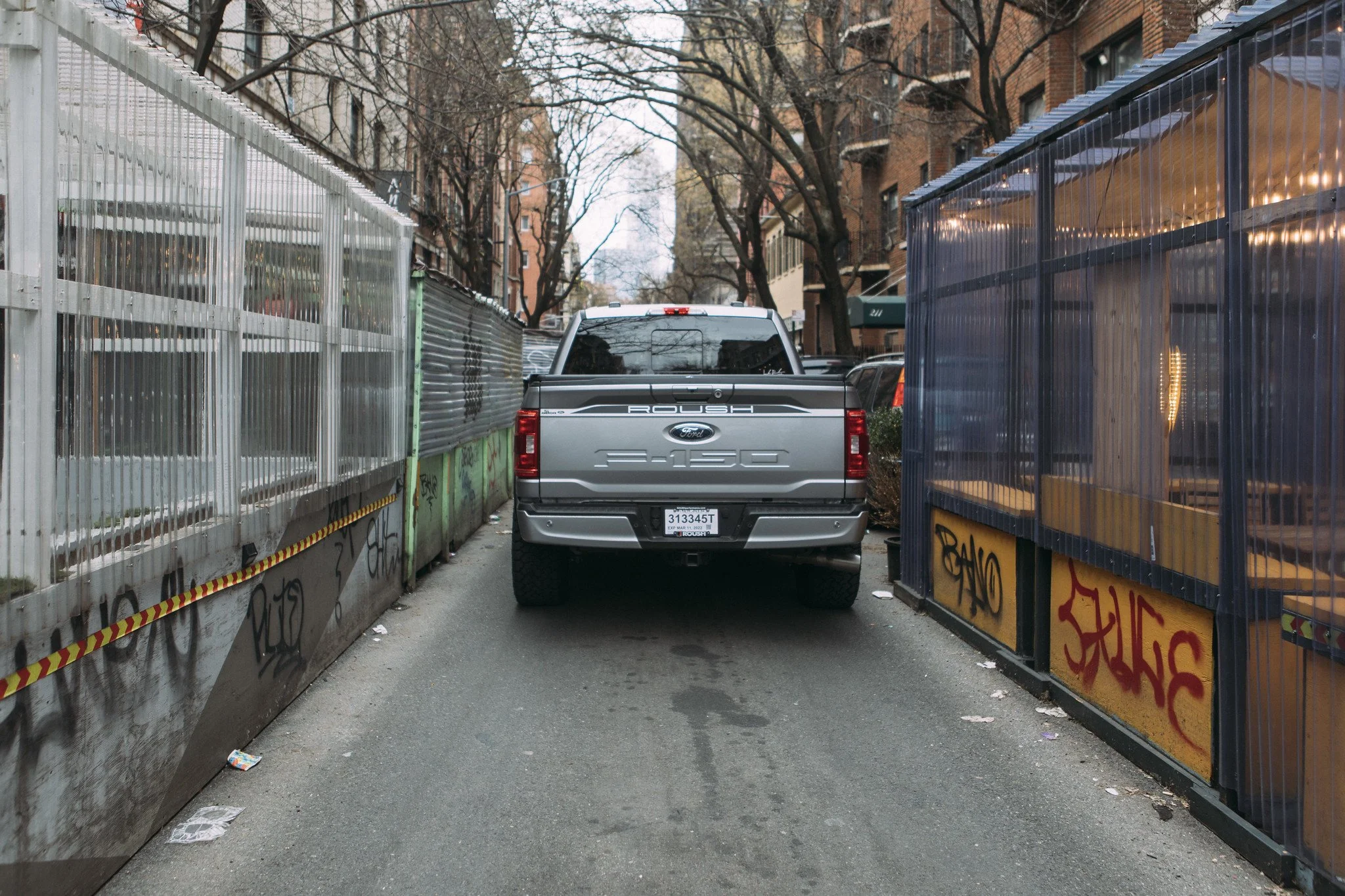Council sets table for open dining
/A text amendment eliminating zoning restrictions for sidewalk cafes passed the City Council Thursday, opening the door for a permanent outdoor dining program. Photo by Emil Cohen/NYC Council Media Unit
By Jacob Kaye
Permanent al fresco dining is now one step closer to becoming a reality in Queens and the rest of the city after the City Council approved a bill amending the city’s zoning laws Thursday.
While the council passed a text amendment that eliminates zoning restrictions for sidewalk cafes throughout the five boroughs, just how the city’s permanent outdoor dining program will ultimately look is still very much up for debate.
City legislators passed the text amendment 43 to 6, with one member abstaining. In Queens, Councilmembers James Gennaro and Robert Holden voted against the amendment, which only sets the table for a permanent outdoor dining program but doesn’t actually create one. All other Queens councilmembers voted in support of the amendment.
“This new local law will be kind of too broad in the sense that it’s one size fits all,” Gennaro told the Eagle. “Will it allow for the kind of granularity that you need to regulate something like this? My hunch is no, it won't.”
“I hope that I’m wrong,” he added. “Everyone has good intentions here but I’m wary.”
The appetite for the text amendment, which first made its way through community boards and borough boards throughout the city, has been mild – its strongest support has been in the City Council. Still, nearly every councilmember who spoke in support of the text amendment Thursday also expressed reservations.
“This program born of pandemic necessity has been a gift to our city in many ways. It was an economic lifeline and still is to many of our small businesses and it has now fundamentally changed how many dining establishments operate, and how New Yorkers utilize their public spaces,” said Brooklyn Councilmember Chi Ossé. “However, this program needs to ensure that our streets are for the people and not the rats. The rodent population growth has been undeniable and is clearly linked to outdoor dining.”
The sentiment was repeated by a number of councilmembers, including Queens Councilmember Linda Lee, who represents portions of Bayside Hills, Bellerose, Douglaston, Floral Park, Fresh Meadows, Glen Oaks, Hollis, Hollis Hills, Holliswood, Little Neck, New Hyde Park, Oakland Gardens and Queens Village.
“Our community boards in our district have brought up a lot of issues with sanitation and quality of life,” Lee said. “I’m looking forward to working with local communities, local voices, to make sure that we’re having the best outcomes for both restaurants and small businesses, as well as those that live in the area.”
The text amendment is the first step toward creating a permanent Open Restaurant program, built on the foundation of the temporary program created at the start of the pandemic.
While restaurants have credited the program with their survival during the early days of COVID-19, a number of community groups throughout the city have criticized the program for what they say is a lack of enforcement, poor sanitation practices and the elimination of parking spots taken away by the sidewalk structures.
The text amendment came before the Queens Borough Board – which is made up of Queens’ community board chairs and several city councilmembers – in October. A number of leaders expressed concern over the program’s final look and didn’t want to sign off on a bill they didn’t know the details of.
The Queens Community Board ultimately voted against the proposal 13 to 6, with every councilmember on the board abstaining.
“We appreciate what the text amendment is trying to do, pretty much we could agree with it, our issue really revolves around the fact that the text amendment is coming first, before we have a fleshed out program from DOT,” Betty Bratton, the chair of Community Board 10, said at the time of the vote. We’re opening the door to do something before we have an understanding of what we're going to do.”
“We don’t need to give permission for something to happen, before we know what the permission is going to allow,” Bratton added. “Otherwise...we’re buying a pig in a poke.”
Community response to the amendment was similar throughout the city – citywide, 20 boards voted in favor of the text amendment, 23 against, one had no objections and one board, Queens Community Board 14, waived their right to vote.
The amendment would remove geographic restrictions on sidewalk cafes. Currently, sidewalk cafes are only allowed in a few parts of the city.
The expansion would apply to most commercial corridors in Queens but how the program would work – barring the fact that DOT would enforce it – has yet to be written.
“It is not the final decision on this issue,” Manhattan Councilmember Gale Brewer said Thursday. “I’ve gotten hundreds of emails from people who think it is. I agree that there is much time to discuss.”
The emergency Open Restaurant program will be in effect through 2022. With the passage of the text amendment, the city is aiming to begin the transition from the emergency program to the permanent one toward the end of 2022.




